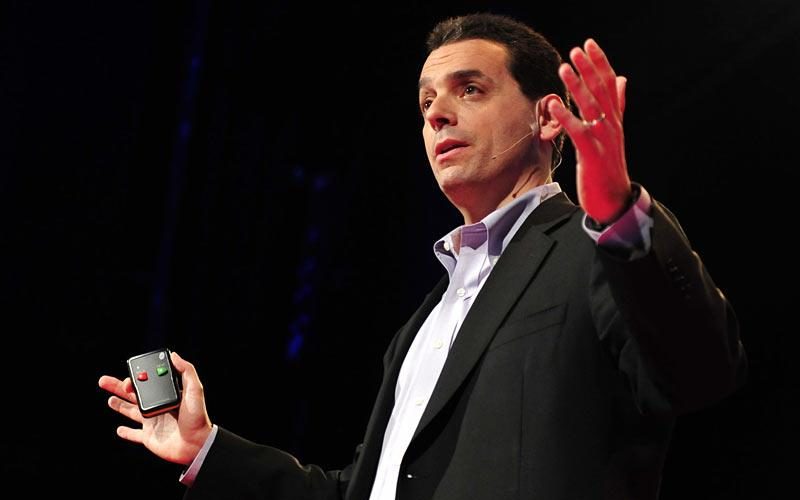Looking for something thought provoking amid the hustle and bustle? Search no further. We’ve compiled six TED and TEDx talks that are worth listening to, touching on topics such as motivation, creativity and being wrong. For meeting planners looking to level up their professional and personal lives, there is plenty to take away.
The Puzzle of Motivation
You’ve heard it before: Money isn’t everything. Career analyst Dan Pink reminds viewers of this several times in his talk that “there’s a mismatch between what science knows and what business does.” The big motivator isn’t more money, but rather, autonomy, mastery and purpose. Pink drives home the concept of autonomy and viewers discover something huge: When you give people freedom in the workplace, their performance will blossom like you’ve never seen.
There’s More to Life Than Being Happy
Planners know that sense of satisfaction of an event well done. Would you call that feeling happiness? A sense of purpose? Writer Emily Esfahani Smith teaches that there are four pillars of meaning: belonging, purpose, transcendence and storytelling. Happiness is fleeting—the real place to be is when you find purpose in what you do.
Related: 5 TED and TEDx Talks Every Meeting Planner Should Watch This Summer
On Being Wrong
Being wrong is never a good feeling; it can feel like an attack on your very soul. But in Kathryn Schulz’s TED talk, she states that there’s nothing wrong with being wrong; in fact, there’s no way to avoid it. We all see the world differently and this leads—inexorably—to us getting things wrong. Being wrong is simply a part of life; it might as well be embraced. Fallo ergo sum.
Want to be More Creative? Go for a Walk
Feeling a lack of creativity? Going for a stroll could help with that. Walking—as opposed to sitting down—has been proven to boost brain activity and creativity. In this talk, behavioral and learning scientist Marily Oppezzo, explains how simply going for a walk before your next meeting can positively affect your ability to constructively brainstorm.
Why We Ignore Obvious Problems—and How to Act on Them
In our career and personal lives, sometimes we detect a threat but choose to treat it as if it doesn’t exist—right until it’s too big to ignore, and thus too late to correct. In this talk, policy strategist Michele Wucker makes a case for replacing the myth of the “black swan”—inevitable catastrophes—with the “grey rhino”—those preventable dangers we choose to ignore.
How to Get Better at the Things You Care About
According to Eduardo Bruceno, cofounder and chief executive officer of Mindset Works, the people who are the best at what they do alternate between two zones: the learning zone and the performance zone. Many people spend too much time in the performance zone—which leads to stagnation—and not enough in the learning zone, where analyzation, inquiry and reflection take place and where real growth happens.




